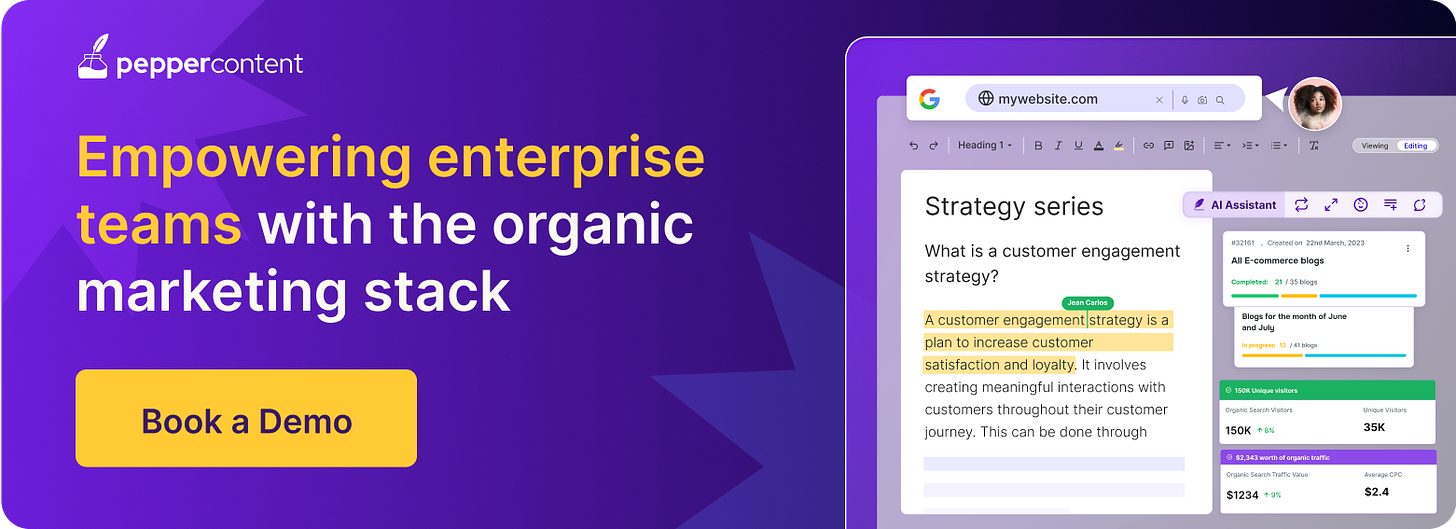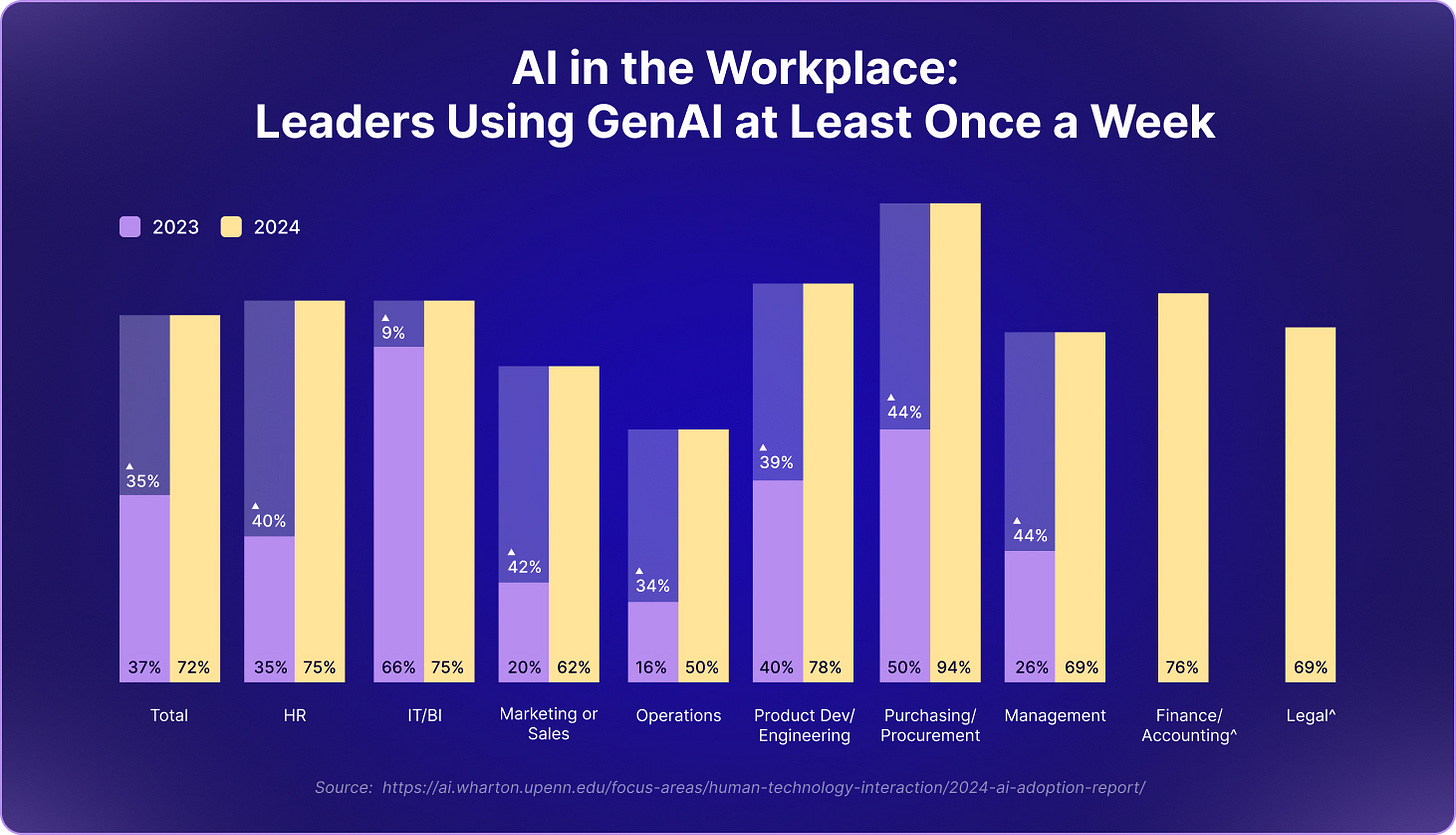This is how you get ChatGPT to send you leads
Large Language Model Optimization (LLMO) is an entirely different beast than SEO.
Joe Lazer is the best-selling author of The Storytelling Edge and the fractional head of content & comms at A.Team.
Over the past few weeks at A.Team, I’ve noticed an interesting trend: Prospects are starting to tell us that they found us via ChatGPT.
This leads to one of the most common questions I get from marketers lately: How do you get ChatGPT to recommend your company, anyway? We all see the writing on the wall: People are increasingly going to use AI tools like ChatGPT to get recommendations for restaurants, products, and services. But while we’ve spent two decades mastering SEO, Large Language Model Optimization (LLMO) can feel dizzying — like going to a new school with corridors that shift around like a funhouse of horrors. ChatGPT and Claude, after all, are black boxes that return different answers every time.
But we do have some clues on how to win at LLMO. Tools like ChatGPT are based on a corpus of training data, and like SEO, they rank certain sites in their training as more authoritative for particular topics. (Vanity Fair for fashion, ESPN for sports, Wired for tech, etc.)
The game in SEO was getting backlinks from those sites; with LLMO, winning means being mentioned on those sites in the right context. For example, one lead found A.Team by asking ChatGPT for “Toptal Competitors” — because we were mentioned as such in the press over the past few years, ChatGPT surfaced us accordingly.
For this reason, LLMO and PR are tightly intertwined; you need to get mentioned in the right way in authoritative publications for your industry, and links don’t matter.
That means smart marketers will:
Invest in original research that wins press mentions
Pitch lots of op-eds, and try to get into contributor programs at sites like Forbes and Entrepreneur
Pull off press-worthy stunts
Make sure they’re ranking on competitors’ lists at sites like G2
Build a reputation for their execs as thought leaders on social, so that reporters are more eager to quote them
The big question: How do you find the right publications to get mentioned in? Rand Fishkin has an amazing overview here.
The AI Hype Matrix maps the latest AI news stories across an unimpeachable scale of Hype (everyone is talking about this!) and Fear (will this kill my career? Will this kill EVERYONE?). Here’s this week’s rundown.
While the U.S. election dominated headlines this week, AI wasn’t far from the spotlight — Perplexity's Election Hub made major buzz ahead of the showdown, promising "accuracy and transparency” (and largely delivering on that pledge). Speaking of Pennsylvania Avenue happenings, the White House is actively contemplating the role of AI in national security.
The AI news cycle on the business front remains relentless as ever: NVIDIA has usurped Apple as the world’s most valuable company, OpenAI and Jeff Bezos are investing in bringing AI into the real world with Physical Intelligence — a robotics startup — and Disney is also dropping hints that a major AI initiative is in the works to transform its creative output.
For OpenAI, the roll-outs and rumors keep coming, with SearchGPT now officially available to paid subscribers. And now that “Project Strawberry” has come to light, AI enthusiasts are eagerly awaiting the company’s next secretive initiative, reportedly called Orion (apparently “Milky Way” was taken).
GenAI usage at work has risen dramatically
According to a study by AI at Wharton, GenAI is climbing the corporate ladder, with a jaw-dropping 72% of business leaders now using it weekly (up from just 37% last year). The real AI champions? Procurement teams are crushing it with 94% adoption (nearly doubling from 50% in 2023).
Calm your nerves with Vital
Need a doomscrolling detox? Vital creates custom meditation sessions based on whatever existential crisis you're currently wrestling with. Unlike traditional meditation apps that loop the same soothing rain sounds, Vital generates unique sessions on the fly using AI — so you can get real-time guidance tailored to your specific flavor of stress.
The most wonderful prompt of the year
Holiday marketing and other seasonal campaigns don’t have to be all about pop-up gimmicks and festively themed puns. This week's prompt helps you plan seasonal campaigns that are less cringe-worthy than your boss's suggestion for ugly sweater office karaoke.
Suggested prompt text:
"Create a year-long calendar of innovative seasonal marketing ideas for [your brand], avoiding cliches and including at least one unexpected twist for each major holiday."














